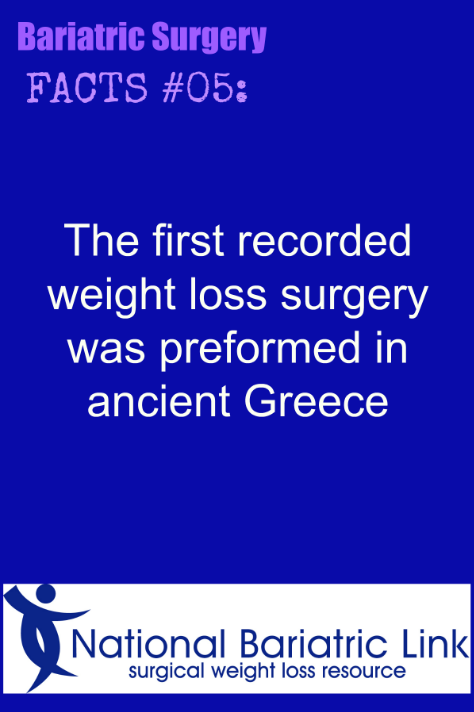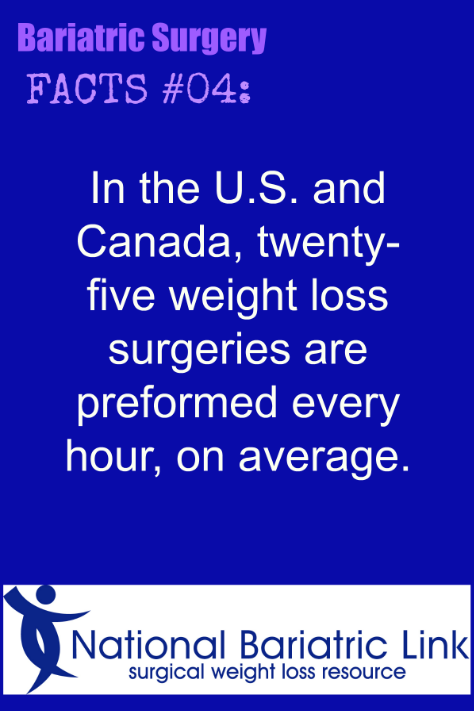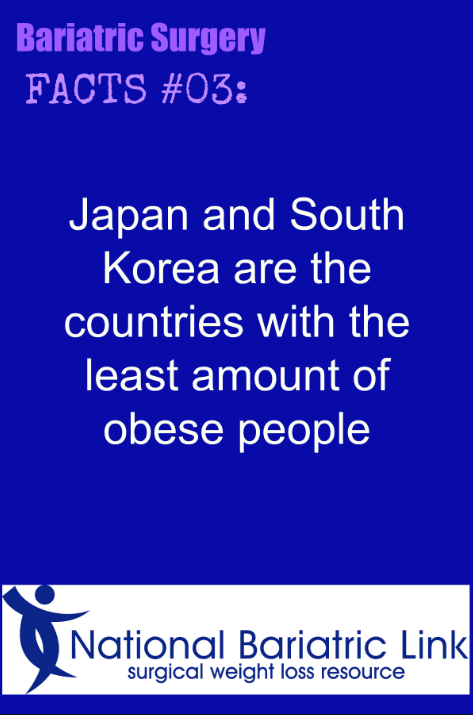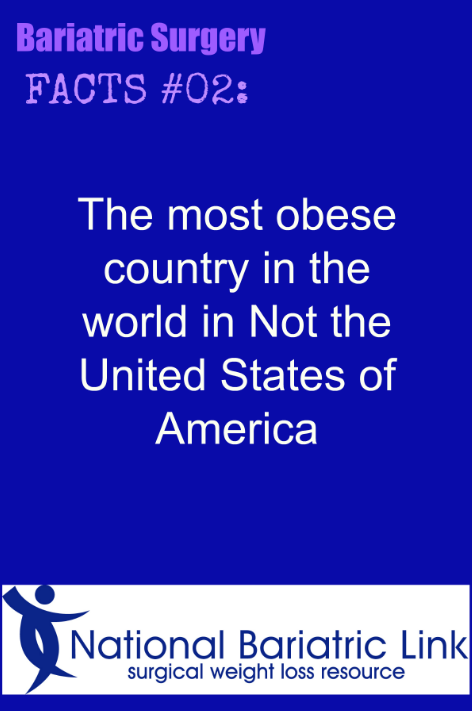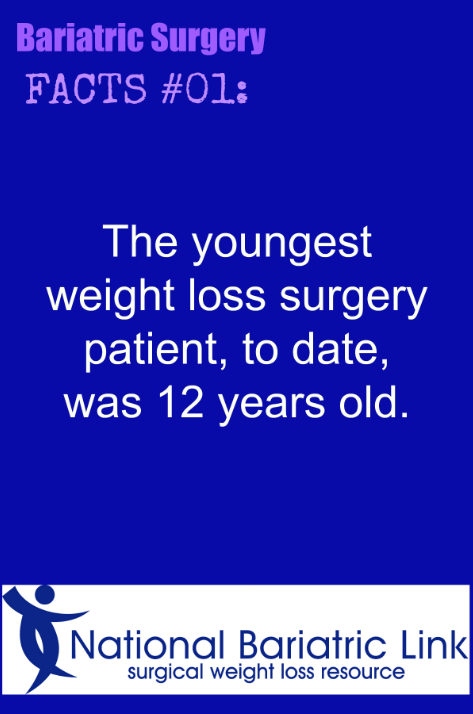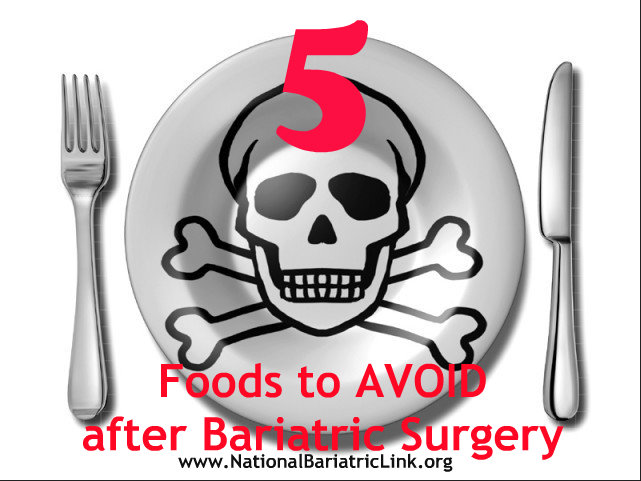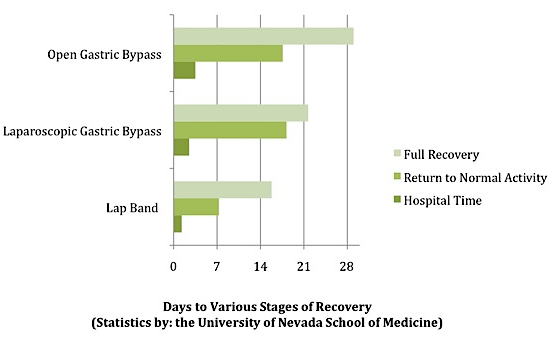Occasionally, you may hear someone say that Bariatric surgery did not work for them. This is simply not true and not possible. Your weight loss surgery didn’t fail… you simply aren’t using this tool correctly.
Yes, Bariatric surgery is simply that, a tool intended to help you find the road to good health. It is not designed to do the work for you. Without significant lifestyle, behavior and diet changes, you will not see the results you were hoping for.

Reach your potential with Weight Loss Surgery
Giving up? This is common among those who do not achieve the weight loss levels they had hoped for after Bariatric surgery. However, when it comes to your health and happiness, defeat should never be an option.
Regardless of the type of weight loss surgery you chose initially, and no matter how long ago since your procedure was performed, you absolutely CAN get back on track. Don’t give up on the results you were initially hoping for.
How? Well, first you need to set some new weekly weight loss goals. Write them down and get them into your spirit. You are going to do this!
Do you have those goals written down yet? Keep them clear, simple and most of all… doable. When you meet one goal, move to the next on the list. This is how you get back to basics of Bariatric surgery, and how you get back on track. Learn more here on keeping a weight loss journal.
If you mess up, don’t be too hard on yourself. Suck it up and start over. Negative habits from an unhealthy lifestyle won’t disappear overnight.
Now that you can see your goals, fight to meet them and don’t be afraid to ask for help. Family, friends and support groups are some of the best help when you need strength and focus, and may even help you with accountability.
Taking care of YOU has to become your number one goal. Remember this when setting your goals and making a choice for change.
Not sure which goals you should be focused on? These are just a few of the many great ideas for Bariatric patients who want to see their weight loss goals realized. Decide which ones will help get you back on track!
#1 – Water, Water, Water
You need 64 ounces of water per day. Period. This is non-negotiable. If you aren’t hitting this number, water is your first goal.
#2 – No Drinks: Before, During, After Meals
Avoid temptation to drink before or during meals. Instead, wait up to two hours after a meal to have a drink. This will keep you from becoming hungry too soon.
#3 – Take Your Vitamins
This is not rocket science; nor is it negotiable. Your body needs help absorbing the vitamins and minerals needed for optimal health and nutrition now. This will also increase your energy, allowing you to become more active and burn fat at a faster rate!
#4 – Up Your Protein Consumption
You need a minimum of 65 grams of protein per day, whether it comes from food or protein drinks and shakes. Remember, during meals you should consume your protein servings first, before you can fill up on carbs.
#5 – Moderate Meals at Appropriate Times
Say no to snacking and grazing. Instead, enjoy three meals and a small nutrition snack, taking your time to chew each bite well. Give up trying to eat fast food entirely.
#6 – Push Yourself to Get Up and Exercise
Set an exercise goal, starting with twice or three times each week for 20 to 30 minutes per day. Slowly increase this amount until you are exercising thirty minutes daily.
Starting Over with Weight Loss Surgery
It may seem crazy, but if you need to start over, go back to the very beginning and put yourself on the post-op diet of liquids only. Slowly, progress to step two, which was pureed foods. Next, work your way up to soft foods. This will allow your pouch or sleeve to return to its post-op state – a great place to start again.
If you have tried this and you feel like there may be something wrong with the original surgery, you may qualify for a bariatric surgery revision. Chat with our online coordinator to schedule a consultation with one of our surgeons experienced in Bariatric Surgery Revisions.

